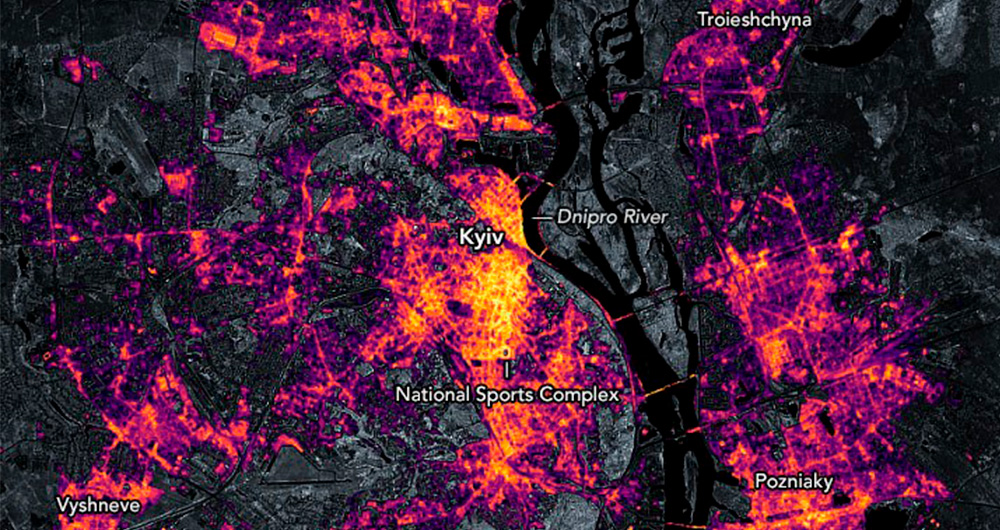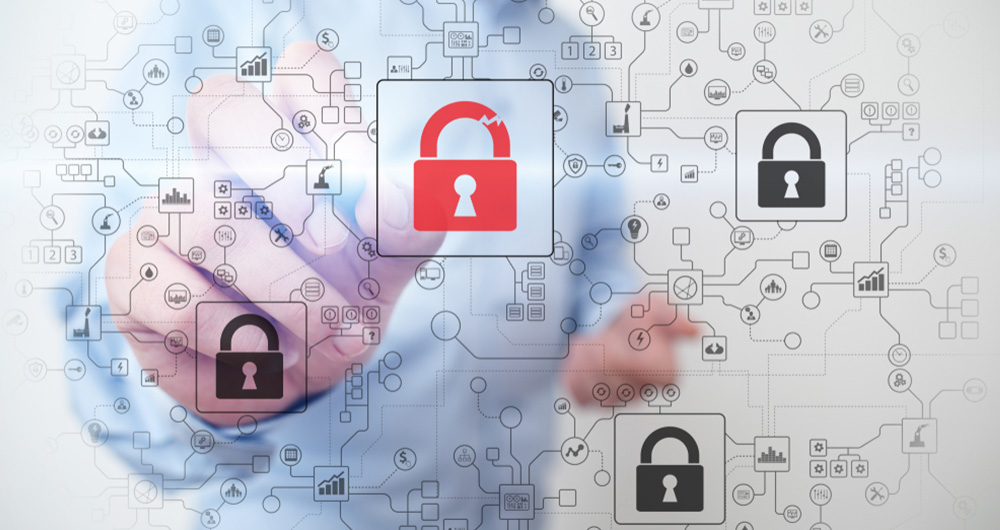12 posts found
PET technologies: how to use protected data in a privacy-sensitive way
As organisations seek to harness the potential of data to make decisions, innovate and improve their services, a fundamental challenge arises: how can data collection and use be balanced with respect for privacy? PET technologies attempt to address this challenge. In this post, we will explore what…
From data strategy to data governance system (part 1)
More and more organisations are deciding to govern their data to ensure that it is relevant, adequate and sufficient for its intended uses, i.e. that it has a certain organisational value.
Although the scenarios are often very diverse, a close look at needs and intentions reveals that many of these…
From data strategy to data governance system (part 2)
In the first part of this article, the concept of data strategy was introduced as the organisation's effort to put the necessary data at the service of its business strategy. In this second part, we will explore some aspects related to the materialisation of such a strategy as part of the design or…
The future of privacy in a world dominated by open data
In the era dominated by artificial intelligence that we are just beginning, open data has rightfully become an increasingly valuable asset, not only as a support for transparency but also for the progress of innovation and technological development in general.
The opening of data has brought enormou…
Common misunderstandings in data anonymisation
Data anonymisation is a complex process and often prone to misunderstandings. In the worst case, these misconceptions lead to data leakage, directly affecting the guarantees that should be offered to users regarding their privacy.
Anonymisation aims at rendering data anonymous, avoiding the re-ident…
Collecting and analysing data to improve humanitarian assistance and restore damage during the Ukrainian war
On 24 February Europe entered a scenario that not even the data could have predicted: Russia invaded Ukraine, unleashing the first war on European soil so far in the 21st century.
Almost five months later, on 26 September, the United Nations (UN) published its official figures: 4,889 dead and 6,263…
The importance of anonymization and data privacy
We are in a historical moment, where data has become a key asset for almost any process in our daily lives. There are more and more ways to collect data and more capacity to process and share it, where new technologies such as IoT, Blockchain, Artificial Intelligence, Big Data and Linked Data play a…
Responsible management of data concerning minors
Young people have consolidated in recent years as the most connected demographic group in the world and are now also the most relevant actors in the new digital economy. One in three internet users across the planet is a child. Furthermore, this trend has been accelerating even more in the current…
How open data can help in the refugee crisis
According to the United Nations Agency for Refugees (UNHCR), we are currently witnessing the highest levels of displacement of people registered in recent history. In 2019, it is estimated that more than 70 million people have been forced to leave their homes, including 25.9 million legal refugees,…
Artificial intelligence impact on business value chain
The commercial adoption of any new technology and, therefore, its incorporation into the business value chain follows a cycle that can be moulded in different ways. One of the best known models is the Gartner hype cycle. With regard to artificial intelligence and data science, the current discussion…









